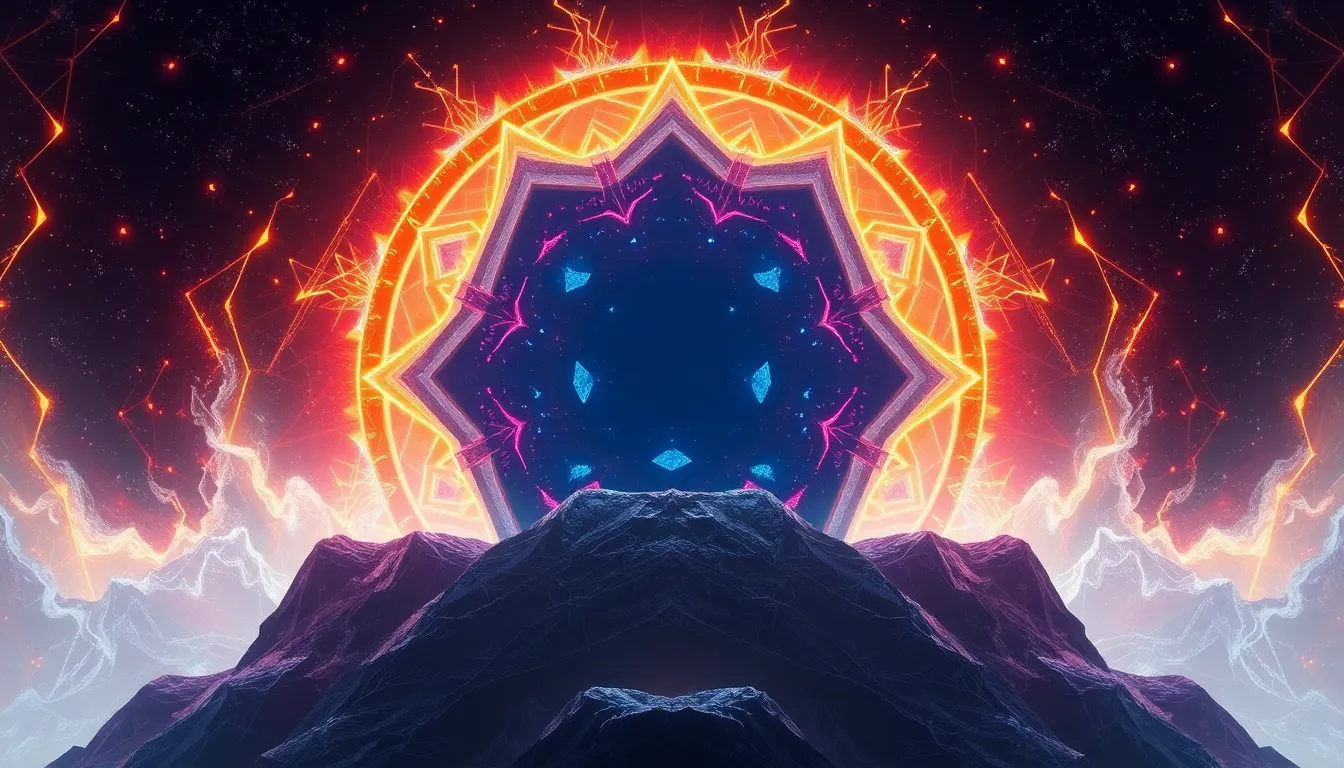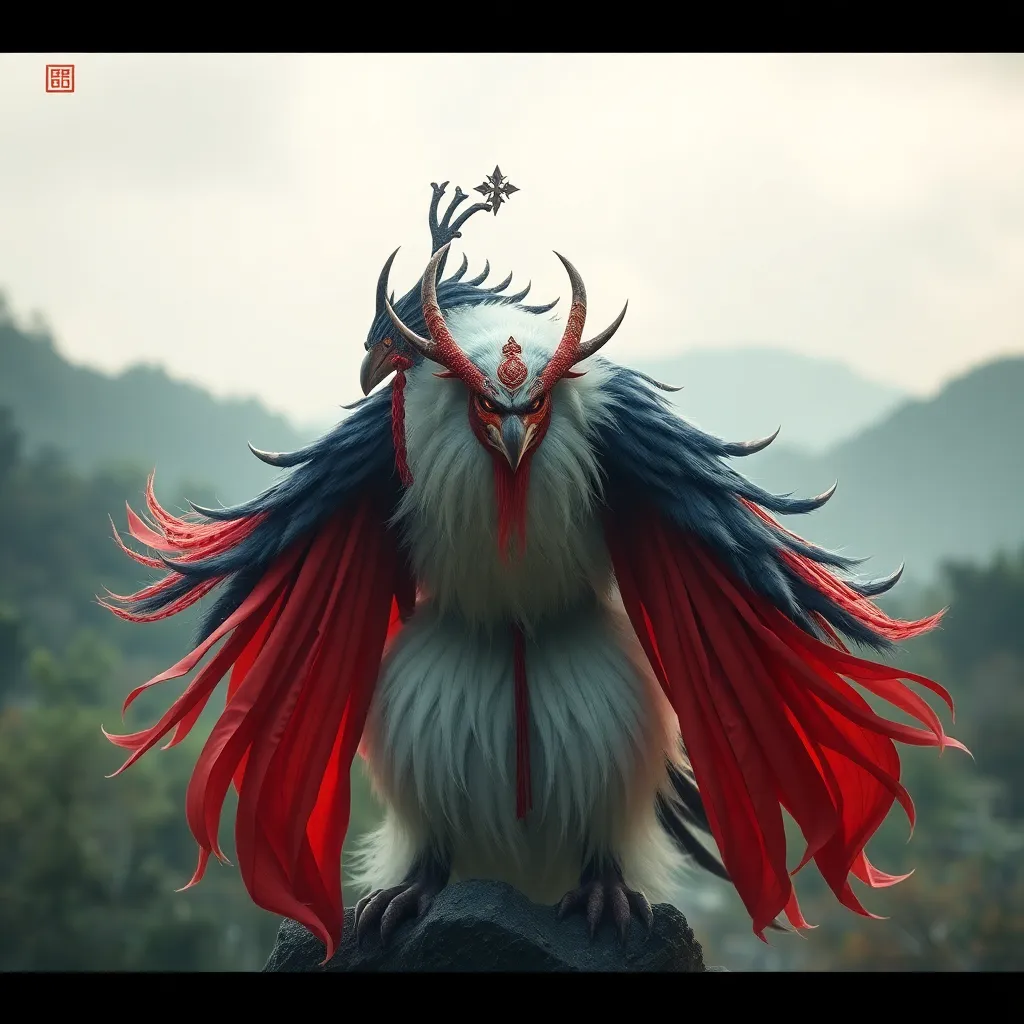Indonesian Mythology: Exploring Afterlife Beliefs
Indonesia, a nation blessed with diverse cultures and traditions, boasts a rich tapestry of myths and legends that shape its people's understanding of the world. Among these captivating stories lies a fascinating exploration of life after death, revealing a complex and intriguing worldview. This article delves into the depths of Indonesian mythology, unveiling the beliefs surrounding the afterlife and the journeys souls undertake beyond the veil of mortality.
The Land of the Gods: A Brief Overview of Indonesian Mythology
Indonesian mythology offers a kaleidoscope of deities, spirits, and mythical creatures, each with their unique roles and stories. From the celestial realms of the gods to the mystical forests and seas, these legends offer insights into the values, beliefs, and fears of ancient Indonesians.
At the heart of Indonesian mythology lies the concept of "dewa-dewi," the gods and goddesses who embody the forces of nature and human experience. These powerful figures, often depicted with human attributes and supernatural abilities, played a significant role in shaping the landscape, influencing the lives of mortals, and maintaining the cosmic balance.
Prominent among these deities are Bathara Guru, the supreme god, and his consort Dewi Uma, symbolizing the duality of creation and destruction. Other notable deities include Batara Wisnu, the preserver, Batara Brahma, the creator, and Batara Indra, the god of thunder and war. These figures, along with their countless counterparts, populate the celestial realms, interacting with mortals, dispensing justice, and guiding their destinies.
The Realm of the Dead: Exploring Indonesian Beliefs on the Afterlife
Beyond the earthly domain lies a realm of the dead, a shadowy land where souls embark on their final journey. This mystical realm, often called "Alam Barzakh," transcends the physical world, encompassing various levels and destinations depending on the deeds performed in life.
Indonesian mythology paints a vivid picture of the afterlife, a place where souls are judged, rewarded, or punished based on their actions. The concept of karma plays a central role, dictating the fate of the departed and shaping their experiences within the realm of the dead.
The afterlife is not a monolithic entity but a complex tapestry of different levels and destinations, each reflecting the karmic weight of the soul. Some accounts describe a beautiful paradise, a realm of peace and tranquility, while others depict a fiery underworld, a place of torment and suffering.
The Crossroads of Existence: The Concept of “Alam Barzakh”
"Alam Barzakh," the in-between realm, represents the pivotal stage between life and death, a liminal space where souls undergo purification and transformation. It is a place of transition, a purgatory where souls are assessed and prepared for their ultimate destination.
Indonesian mythology describes "Alam Barzakh" as a realm of shadows, a place where the boundaries between life and death blur. Here, souls encounter various challenges and trials, encountering mythical beings and navigating through trials that reflect their earthly deeds.
The exact nature and experiences of "Alam Barzakh" vary across different regions and traditions, but the core concept remains consistent: a place of spiritual cleansing and preparation for the afterlife. It is a period of reflection, judgment, and transformation, shaping the soul's ultimate destiny.
The Journey of the Soul: Navigating the Afterlife in Indonesian Mythology
The journey of the soul through the afterlife is a complex and multifaceted process, guided by spiritual forces and determined by the individual's actions in life. This journey often involves navigating through various levels and encountering mystical beings who guide, test, and judge the soul.
Upon death, the soul is said to leave the body and embark on a journey through "Alam Barzakh," the in-between realm. This realm is populated by mystical beings, including guardians, spirits, and guides who act as intermediaries between the earthly realm and the afterlife.
One such figure is the "Arwah Leluhur," spirits of ancestors, who act as protectors and guides for their descendants, offering support and guidance during the journey. Other supernatural entities, like "Jin" or spirits, may interact with the soul, either as helpers or obstacles, depending on the soul's karma.
The journey through "Alam Barzakh" is not a passive experience but a dynamic one, filled with challenges and tests designed to assess the soul's worthiness and prepare it for its final destination. It is a period of purification, reflection, and transformation, where the soul confronts its past deeds and learns valuable lessons.
Rebirth and Reincarnation: Cycles of Life and Death in Indonesian Beliefs
The concept of reincarnation, the belief in the soul's rebirth into a new life, holds a significant place in Indonesian mythology. This cyclical process of life, death, and rebirth, often associated with the concept of karma, shapes the understanding of human existence and the purpose of life.
The belief in reincarnation suggests that the soul is not extinguished after death but continues its journey, taking on new forms and experiences in the endless cycle of existence. The quality of the individual's actions in previous lives influences their karma, determining their next life and the challenges they face.
The concept of reincarnation offers a sense of hope and continuity, reminding individuals that their actions have lasting consequences and that their journey is not limited to a single lifetime. It also fosters a sense of responsibility, encouraging individuals to live virtuous lives to create positive karma for their future reincarnations.
The Divine Judge: The Role of Yamadipati in the Afterlife
In Indonesian mythology, the afterlife is not merely a realm of existence but a place of judgment, where souls are held accountable for their actions in life. Yamadipati, the god of death and the ruler of the underworld, plays a pivotal role in this system of divine justice.
Yamadipati, often depicted as a stern and imposing figure, is responsible for weighing the deeds of the deceased and determining their fate. He presides over the judgment process, reviewing the soul's karma and deciding whether they will be rewarded or punished in the afterlife.
The concept of Yamadipati as the divine judge reflects the importance of morality and accountability in Indonesian beliefs. It emphasizes the consequences of actions, both positive and negative, and underscores the belief that justice will prevail, even after death.
The Theories of Heaven and Hell: Understanding the Different Destinations
The Indonesian afterlife is not a singular destination but encompasses various levels and realms, each offering a unique experience based on the soul's karma. These realms, often portrayed as heaven and hell, represent contrasting destinations for those who led virtuous or wicked lives.
"Surga," the Indonesian equivalent of heaven, is often depicted as a paradise of eternal bliss and contentment, a place of peace, joy, and spiritual fulfillment. It is a realm of abundant beauty, where souls experience eternal happiness and are reunited with loved ones.
"Neraka," the Indonesian equivalent of hell, is a realm of suffering and torment, a place where souls are punished for their sins. This realm is often described as a fiery underworld, filled with pain, anguish, and relentless suffering.
These contrasting destinations serve as a reminder of the consequences of actions, encouraging individuals to live virtuous lives and avoid evil deeds. The belief in heaven and hell reinforces the importance of moral conduct and serves as a powerful motivator for spiritual growth.
The Influence of Religion: How Islam and Hinduism Shape Afterlife Beliefs
Indonesian afterlife beliefs have been shaped by a rich tapestry of influences, including indigenous traditions, Hinduism, and Islam. These religious and cultural forces have intertwined to create a complex and multifaceted understanding of life after death.
Hinduism, with its emphasis on karma and reincarnation, has significantly influenced Indonesian beliefs. The concept of a cyclical journey of life, death, and rebirth is deeply ingrained in Indonesian cosmology, shaping their views on the afterlife and the importance of virtuous living.
Islam, as the dominant religion in Indonesia, has also played a profound role in shaping afterlife beliefs. The Islamic concept of "Akhirat," the hereafter, influences Indonesian views on heaven and hell, the Day of Judgment, and the importance of faith and good deeds.
The fusion of different religious and cultural influences has resulted in a unique tapestry of afterlife beliefs in Indonesia, where indigenous traditions, Hinduism, and Islam coexist and blend, resulting in a rich and complex spiritual landscape.
The Role of Rituals and Practices: Honoring the Dead and Seeking Spiritual Guidance
Indonesian culture places great importance on honoring the dead and maintaining a connection with the spiritual realm. This belief is reflected in various rituals and practices aimed at connecting with the departed, seeking guidance, and ensuring their peaceful passage into the afterlife.
"Nyekar," a common tradition, involves visiting the graves of ancestors and offering prayers, food, and incense. This act of remembrance serves to honor the departed and to seek blessings and guidance from their spirits.
Other rituals include "Slametan," a feast held to commemorate significant events, such as birthdays or anniversaries, where offerings are made to ancestors and spirits to seek their blessings and protection.
These practices reflect the deep-rooted belief in the interconnectedness of the living and the dead and the importance of maintaining a harmonious relationship with the spirit world.
The Enduring Impact: The Influence of Afterlife Beliefs on Indonesian Culture
Indonesian afterlife beliefs have a profound impact on the nation's culture, shaping its values, traditions, and worldview. These beliefs have influenced art, literature, music, and social norms, contributing to a rich and unique cultural heritage.
The belief in the afterlife fosters a sense of responsibility and encourages individuals to lead virtuous lives, ensuring a favorable fate in the next life. The fear of punishment in the underworld serves as a deterrent against wrongdoing, while the hope of heavenly reward motivates individuals to strive for spiritual growth and righteousness.
These beliefs also shape the way Indonesians approach death and mourning, emphasizing respect for the deceased and the importance of remembering and honoring them. They also influence the way Indonesians interact with the world, encouraging humility, compassion, and a deep reverence for the forces of nature.
FAQ
Q: What is the difference between "Alam Barzakh" and the afterlife?
A: "Alam Barzakh" is the intermediary realm between life and death, where souls are prepared for their final destination. The afterlife is the ultimate destination after death, where souls are judged and sent to their respective realms based on their karma.
Q: Are there different levels of heaven and hell in Indonesian beliefs?
A: Yes, there are different levels of heaven and hell, reflecting the varying degrees of merit and demerit earned by the deceased. Those with greater virtue may experience a higher and more blissful state in heaven, while those with significant transgressions may face harsher punishments in hell.
Q: What traditions are involved in honoring the dead in Indonesia?
A: Traditional practices like "Nyekar," where families visit graves and offer prayers and food, and "Slametan," feasts held to commemorate events, are ways of honoring the dead and seeking their guidance. These rituals reinforce the connection between the living and the departed and create a sense of continuity.
Q: What is the role of spirits in Indonesian afterlife beliefs?
A: Spirits, including ancestors and mythical beings, play a significant role in Indonesian afterlife beliefs. They can act as protectors, guides, or even obstacles, depending on their nature and the individual's karma. Spirits are believed to influence the journey of the soul through "Alam Barzakh" and the final destination in the afterlife.



